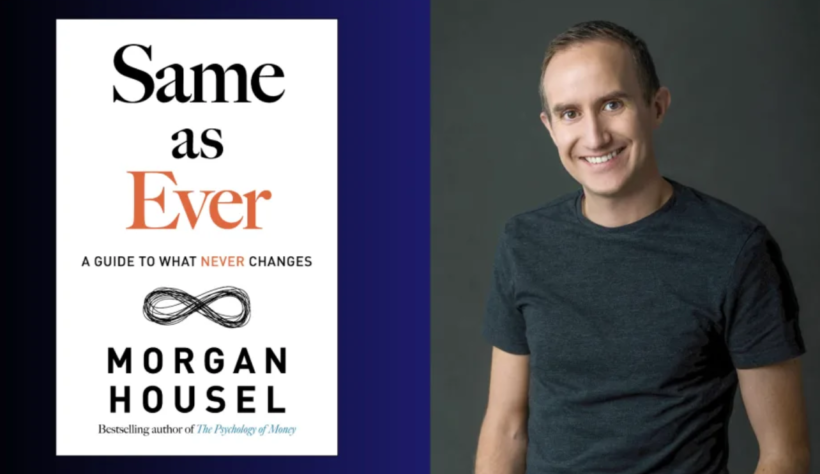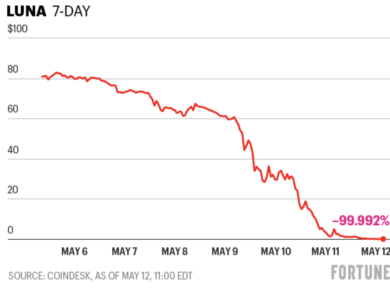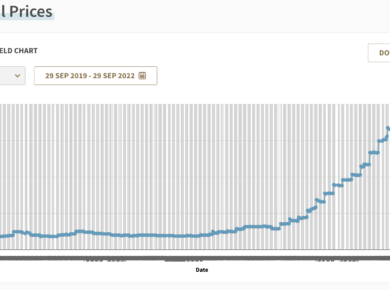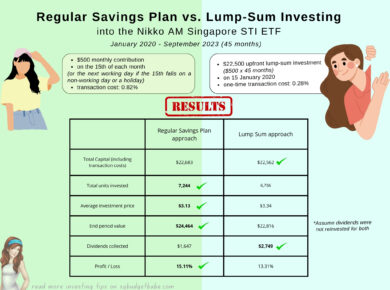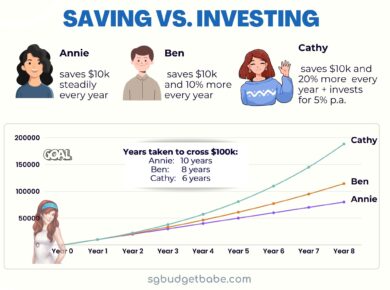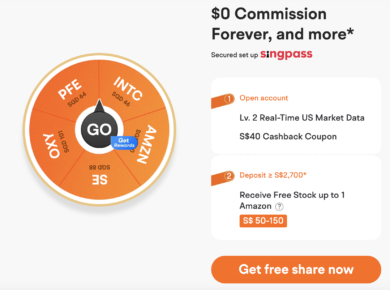Morgan Housel’s latest book is a gem into human behaviour and how we can learn from history and patterns to understand the future, as well as position our investments to benefit from it. Here are my biggest takeaways.
I recently finished reading Morgan Housel’s second book, “Same as Ever: A Guide to What Never Changes” on the long drive back from Cameron Highlands with my family. For those of you who find the name unfamiliar, Housel is one of the best finance writers of our time, with a knack for distilling complex financial information into simple, understandable concepts. He’s one of my favourite finance writers, and one who greatly inspires me in my finance work as well.
Released only recently in November 2023, his latest book is about mankind’s behavioural patterns and ways of thinking that oddly enough, do not seem to change over time. Housel dives into these patterns, and then consistently brings his narrative back to what we can learn from distinct patterns of human behavior. He posits that if we can understand those things that never change, then we’ll have better insight to what the future holds.
Which will in turn make us better investors, too.
The book opens with a thought-provoking quote:
“I very frequently get the question: “What’s going to change in the next 10 years?”
It’s a very common one. I almost never get the question: “What’s not going to change in the next 10 years?”That second question is actually the more important of the two — because you can build a business strategy around the things that are stable in time.
Jeff Bezos, Amazon’s founder
Indeed, Bezos built Amazon’s retail business by focusing on the one thing he knew that customers would always want: low prices and fast delivery.
What will NOT change in the next 10 years, and how are your investments positioned for it?
This is an interesting way to reverse your thought process when it comes to evaluating businesses, stocks and investments. Instead of fretting over whether interest rates will rise or fall in the next quarter, or whether the S&P will crash, it might be better worth our time to ask the perennial question of:
“What will NOT change in the next 10 years instead, and how is this company (that I’m interested in) positioning itself to deliver this?”
SG Budget Babe, as inspired by Jeff Bezos’ quote
Indeed, when I applied this to the stocks that I’ve been buying up lately, the answer gave me tremendous clarity into WHY those businesses made sense before moving onto their valuations next.
Try it for your next investment exercise – you might be surprised.
The book is full of wisdom and insights into human psychology, behaviour and history, so I encourage you to pick up a copy of the book and read it all for yourself. As for personal finance takeaways, here’s another one from the book that I loved and wanted to share:
Volatility is inevitable in capitalist economies and the stock market
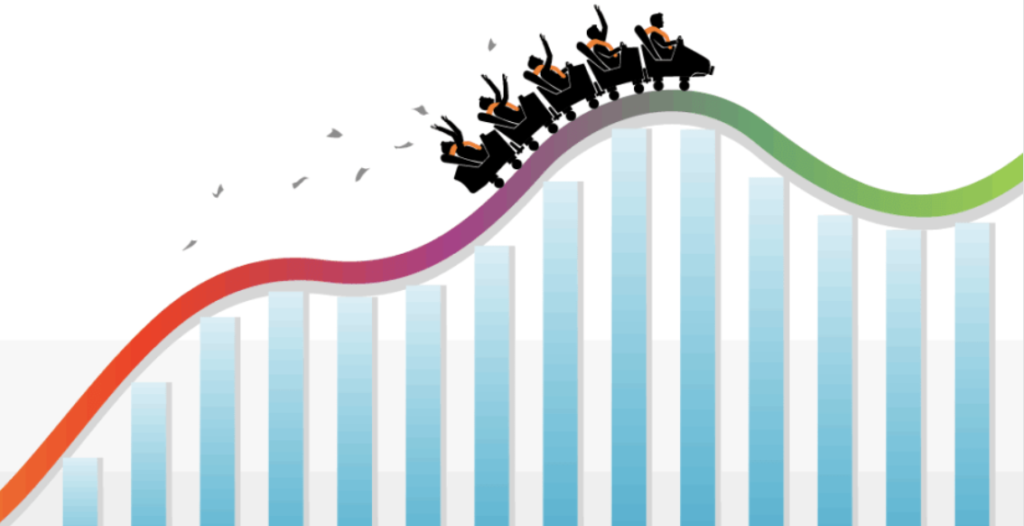
Housel references a thesis put forward by famed economist Hyman Minsky in the 1960s, who came up with this idea that he called the financial instability hypothesis:
When the economy is stable, people get optimistic. And when they get optimistic, they go into debt. And when they go into debt, the economy becomes unstable. So the reason the economy becomes unstable is because it used to be stable. Therefore, he said, you can never imagine a world in which there are no recessions, no booms and busts, because the absence of recessions is actually what creates recessions.
Interestingly, it is the same in stock markets too.
Sounds familiar? We saw this play out during the COVID stock market boom, where valuations rose to sky-high levels until they could no longer be sustained…then the bubble popped.
Embrace inefficiencies in your financial plan
This is the second most important personal finance lesson in the book, if you asked me.
The problem with humans is that we all strive too much for efficiency and maximization of resources, including when it comes to our money. Especially when you grow up in a country like Singapore, where we’re all about maximum productivity.
We feel unsettled when we have too much cash in the bank, especially when your banker or insurance agent tells you that your cash is being eroded by inflation and you need to invest it instead of sitting on cash!
For all that’s worth, I echo the same words here on the blog – except that I’m not your banker or agent and have absolutely nothing to sell you, nor will I earn any commissions on any investment that you make with your cash.
But still, I often receive DMs from concerned readers asking whether hanging on to too much cash is an inefficient drag on their portfolios.
I get it – there are times when even I question myself whether my warchest is too big. It happens even to the best of us but the thing is, there is no perfect answer, nor any answer that’s certain.
As Housel beautifully describes it, cash is an inefficient drag during bull markets, but as important as oxygen during bear markets.
You’ll regret having too much cash during bull markets, but you’ll be thankful that you chose to hold on to that much cash anyway when the bear market hits. And because no one can accurately predict the arrival of bear markets, what we need to do instead is to learn to acknowledge these feelings and not mix them up with our actual strategy.
With the markets rallying these few weeks after an entire year of bearish sentiment (I hope you’ve been buying, because I certainly have! If you’re a paid subscriber on my Patreon, you would have been able to see what I bought over the years, and why, here)…this sentence becomes even more relevant today than before.
Learn to embrace inefficiencies even in your financial plan.
Lastly, another great piece of financial advice from Housel in the book (which was a timely reminder for me) is:
Leverage is the most efficient way to maximize ur balance sheet and the easiest way to lose everything.
Like the rest of you, I’ve also been served the same ads for investment courses that claim to teach you how to use leverage to maximise your returns and earn more from a limited capital base. I even have several friends who swear by leverage in their strategies, and talk about how they have been making good money with leverage so far – be it in stocks, options or crypto. Two friends even became a multi-millionaire because of leverage!
So just like you guys, I’ve also gone through periods where I was left wondering, could I be wrong? Am I simply too narrow-minded to accept that leverage might actually be a decent strategy?
But I stuck to my guns, because the fundamental truth about leverage doesn’t change.
Like what Charlie Munger says about envy, someone will always be getting richer than you. This is not a tragedy. It takes deliberate effort to put that aside to reflect on my life and say, hey, I’m pretty happy with the progress I’ve made so far. In fact, I’m still well on track to retire by age 45 as I had planned to when I first started writing this blog.
Leverage is a double-edged sword.
If I had given in to temptation and used leverage on my stocks this year, I would most certainly have been burnt, as many went down as much as 60% before recovering in recent months due to the market rally.
A rising tide lifts all boats.
And because I didn’t, I was able to sustain the journey and stayed the course. Never once did I feel the need to liquidate even when a stock was dropping, or to borrow money because of margin calls. Because I didn’t use leverage, the maximum I could lose was 100% of my capital and nothing more.
I capped my downside risks and my upside returns are unlimited.
Of course, this is not to say that just because leverage isn’t for me, then it isn’t for you either.
But I, like Morgan Housel, remain convinced that the vast majority of people are not suited for leverage and will be better off without it.
So while leverage may be the most efficient way to maximize your balance sheet and (potential) returns, learn to embrace inefficiencies in your financial plan by forgoing it instead.
P.S. Morgan Housel has already started writing his third book, “The Art of Spending Money”. Have you read his latest book yet, and what were your biggest takeaways from it? Share with me in the comments below!
With love,
Budget Babe
